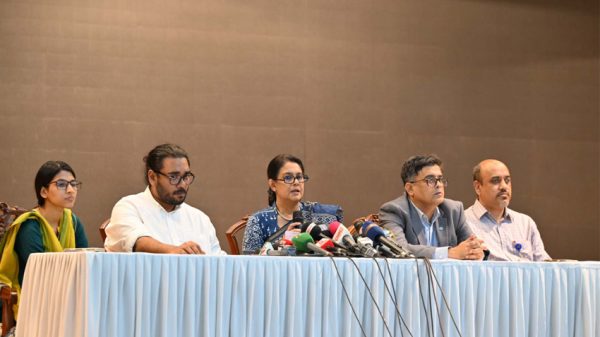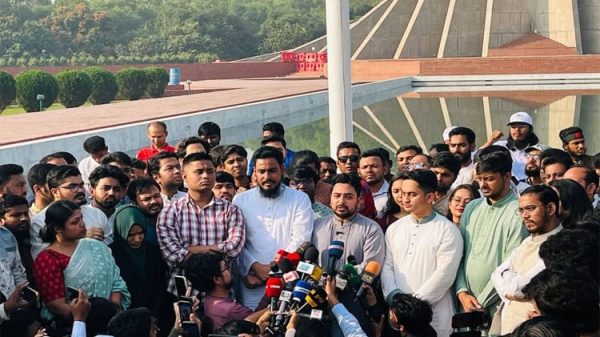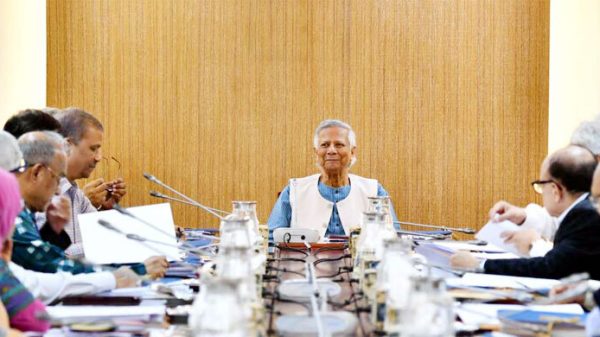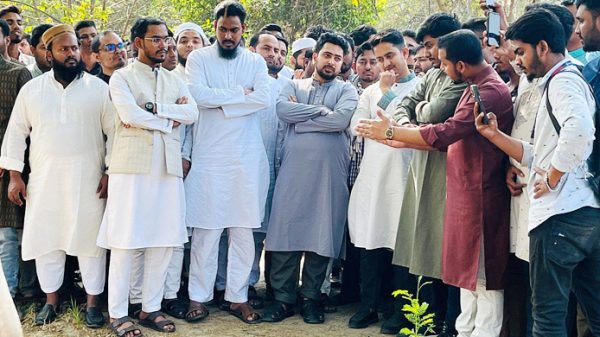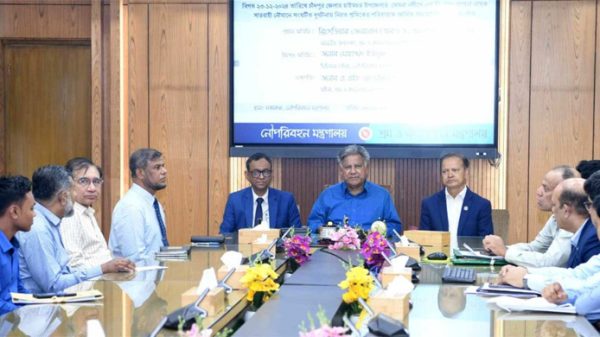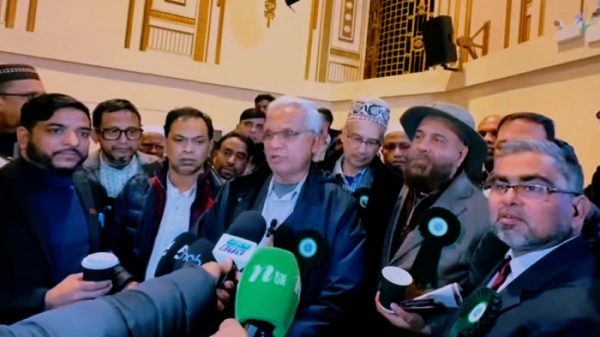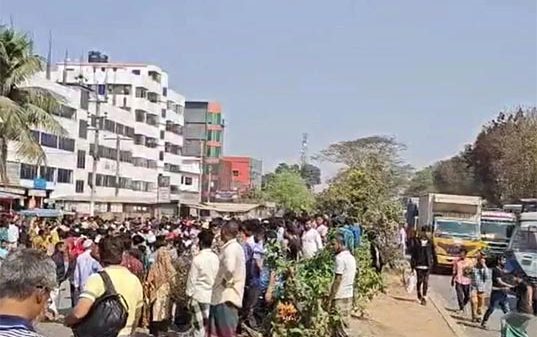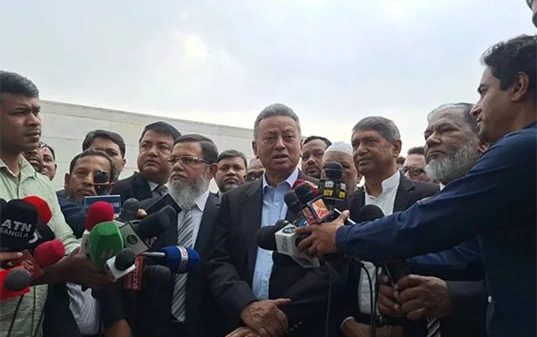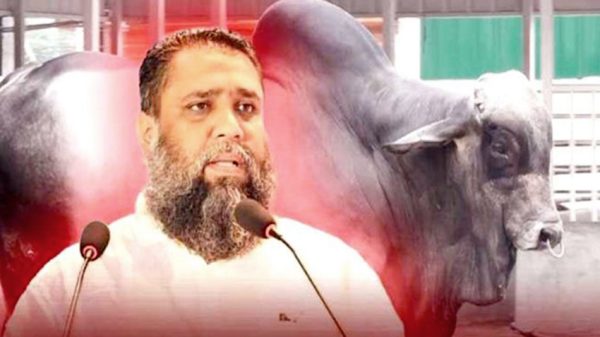Intl Farakka Committee urges Dhaka, Delhi to renew Ganges treaty, sign new treaty on Teesta

- Update Time : Saturday, 9 March, 2024, 08:01 pm
- 79 Time View
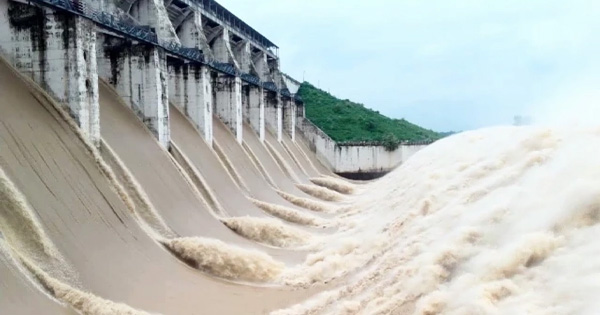
Online Desk: The International Farakka Committee on Saturday urged Dhaka and Delhi to renew the Ganges Water Sharing Treaty and sign a treaty on the Teesta with guarantee and arbitration clauses.
Announcing a joint statement on Saturday at the National Press Club, Dhaka, Prof Jasim Uddin Ahmed, President of the International Farakka Committee, Bangladesh said that the 54 common rivers shared among the countries could be sustainably developed only on the basis of a basinwide agreement.
The press briefing was also addressed by Mostafa Kamal Majumder, convener, IFC, Sirajuddin Sathi, writer and researcher, Tamijuddin Ahmed, Dr. Nazma Ahmad, vice president of IFC Bangladesh, and journalist Rafiqul Islam Azad.
The statement mentioned that the water treaties signed by India with other countries of the subcontinent – Nepal and Pakistan – contain guarantee and arbitration clauses.
As a result, the Indus and Mahakali water treaties have been able to protect mutual interests. On the other hand, the Ganga Water Treaty signed with Bangladesh has not fulfilled the terms.
Because of this error, the relationship between the two friendly countries did not develop as expected.
The Farakka Barrage on the Ganges was commissioned in consultation with Bangladesh, on a trial basis for a total of 41 days from 21 April to 31 May 1975. But since then, unilateral water withdrawals continued and environmental disasters occurred in Bangladesh.
Later in 1977, a five-year water treaty was signed with a guarantee clause of 80 percent water availability. But after the expiry of this treaty, instead of renewing it, a 5-year memorandum of understanding was signed in 1982, minus the guarantee clause.
A 30-year treaty was signed in 1996 for the sharing of Ganges water. The treaty will expire in 2026. Thus, the Foreign Minister of Bangladesh, Dr. Hasan Mahmud, during his recent visit to Delhi, urged for the renewal of this treaty and the signing of the Teesta Water Treaty.
Bangladesh did not get water according to the terms of this Ganges Treaty. Nor could it take any effective action on it, because the treaty did not have guarantee and arbitration clauses. This weakness of the treaty must be overcome at the time of renewal.
The agreement on Teesta was supposed to be signed in 2011 during the visit of Indian Prime Minister Man Mohan Singh to Bangladesh. But due to West Bengal Chief Minister Mamata Banerjee it has been kept undone till date.
During the dry season, no water from Teesta river is released to Bangladesh. A small amount of water somes to Bangladesh as seepage from Ghazal Doba Barrage in West Bengal.
During the wet season on the other hand due to the full release of floodwaters, thousands of houses are destroyed and massive crop losses occur in the Teesta basin of Bangladesh every year due to severe deluge and bank erosion.
The statement says, Bangladesh owes its origin to the river. Therefore, the question of life and death of the people of Bangladesh is associated with the flow of the river. So far, unilateral water withdrawal has increased by constructing dams in Teesta and other common rivers.
These natural water sources are being killed by altering their courses for short term benefit by short sighted damming, it added.


